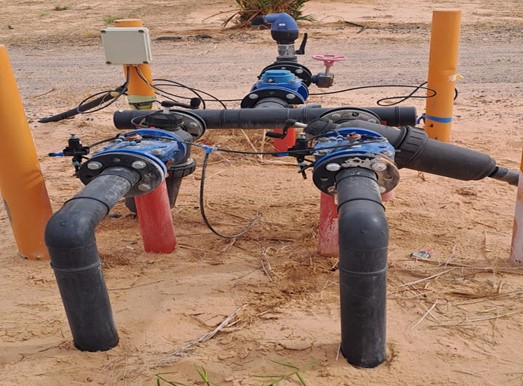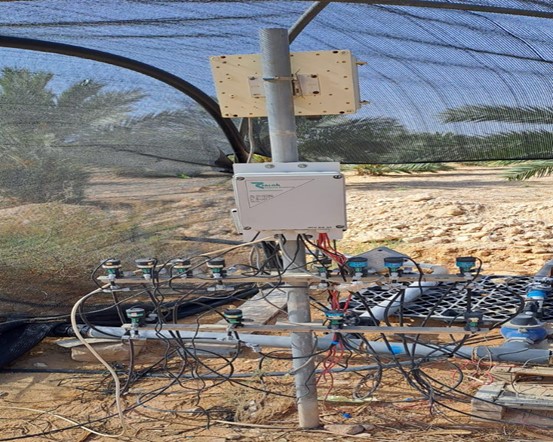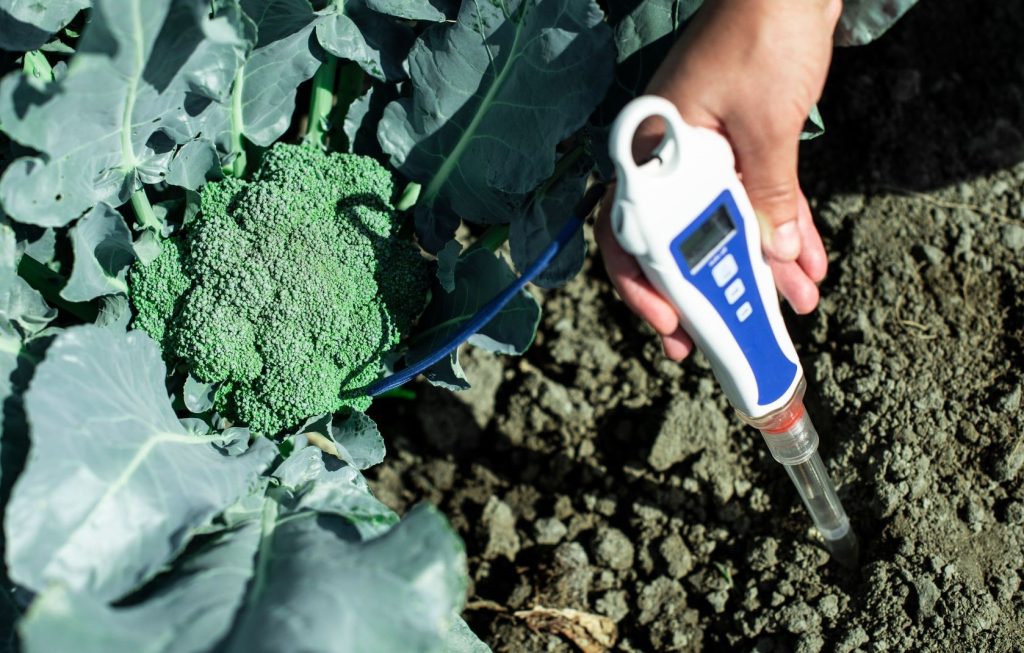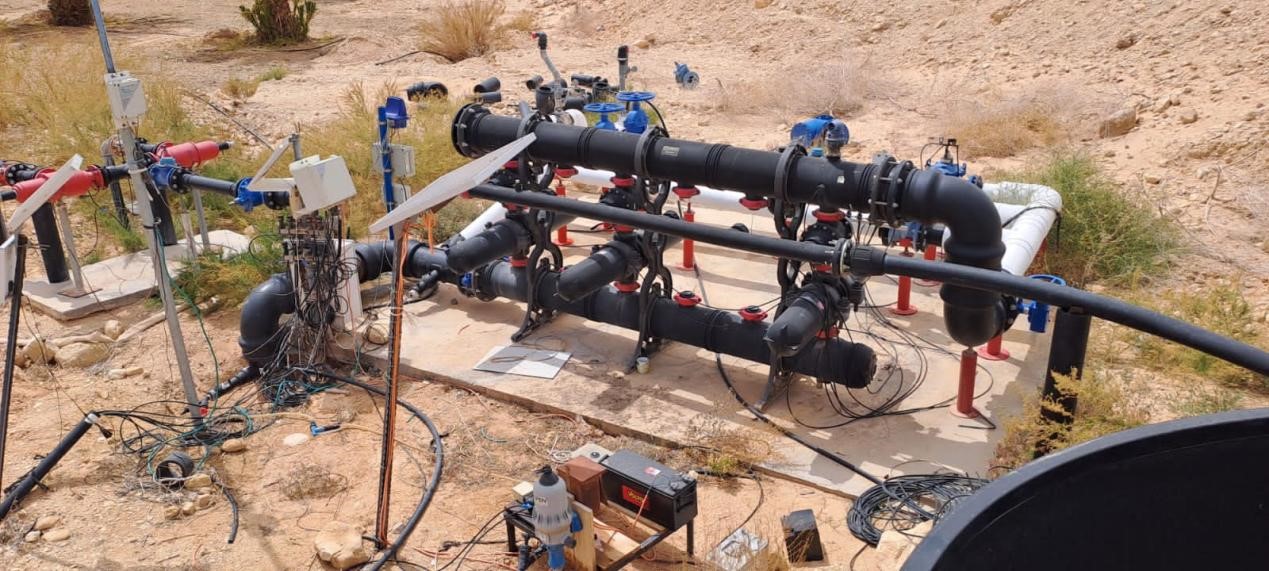Innovative Technologies in Irrigation: The Present and Future of Water Management
Water is essential for crop growth and human survival. In the face of climate change, urbanization, and population growth, water management is crucial for the sustainable development of agriculture. The limited water resources and the increasing demand for food present significant challenges for farmers and water managers. Therefore, innovative technologies in irrigation have become essential tools in managing water resources.
The advancements aim to increase water-use efficiency (WUE), reduce water consumption, and minimize environmental impacts caused by irrigation. However, their adoption may depend on government efforts to encourage financial investment and education for farmers and water managers. The future of water management may rely on farmers’ ability and willingness to embrace innovative technologies in irrigation in the backdrop of social and cultural barriers, such as the traditional ways of irrigation that have been long-standing methods and cultural customs. The innovative technologies in irrigation which are shaping the future of irrigation water management include but are not limited to smart irrigation controllers, soil moisture sensors, micro-irrigation systems, robotics, artificial intelligence, and precision agriculture.
1. Smart Irrigation Controllers
This is a promising innovation and an emerging trend in irrigation which comprises devices that use sensors and predictive analytics to automate irrigation schedules based on the needs of the crops and soils and current and upcoming weather events. Using the data collected from weather sensors, smart irrigation controllers adjust the irrigation schedules to account for the frequency and duration of precipitation, temperature, humidity, and wind speed. On the other hand, predictive analytics anticipate future weather events mitigating the risk of over or under-irrigation.
Smart irrigation controllers are highly efficient and can save up to 50% of the water used for (crop) irrigation compared to conventional irrigation systems. These systems not only improve irrigation efficiency but also reduce labor costs, increase crop yields, and lower energy consumption for pumping water.


2. Soil Moisture Sensors
These devices measure soil moisture levels allowing farmers to assess water availability for crop growth and make informed decisions on irrigation schedules. Soil moisture sensors provide farmers with real-time information on soil moisture levels, enabling a more precise water application. Over-watering or under-watering can be detrimental to crop growth. Soil moisture sensors help farmers to avoid such issues by achieving more precise irrigation, reducing water consumption, and increasing crop yields in the long run.
3. Micro-Irrigation Systems
The widespread adoption of micro-irrigation systems has been another important development and trend in the field of water management. Micro-irrigation systems provide a precise application of water directly to the root zone of plants, minimizing water losses due to evaporation, wind drift, and runoff. These systems can be customized to match the water needs of various crops, soil types, and field conditions, improving water-use efficiency and reducing water consumption.
Micro-irrigation systems can also enhance crop productivity and quality by improving nutrient uptake and reducing plant stress. These systems can reduce soil erosion and contribute to an overall reduction in fertilizer requirements. They are highly effective in areas facing water scarcity.
4. The use of Robotics in crop irrigation
Advancements in robotics have shown promise in irrigation management. Robotic systems can be used to assess plant health, detect pests, detect diseased or stressed plants, and determine water needs. Leveraging machine learning, robotic systems can operate autonomously and provide real-time information about the condition of crops and soil to farmers and water managers, enabling timely interventions.
5. Artificial Intelligence for decision-making and irrigation scheduling
Artificial intelligence tools can provide valuable insights into irrigation management by enhancing predictive modeling and decision-making. Machine learning algorithms can analyze large and complex data sets generated by weather sensors, soil moisture sensors, and other sensors to generate recommendations for optimal irrigation schedules. This technology can improve the accuracy of irrigation management, optimize water distribution and reduce water waste. Using artificial intelligence in irrigation can result in better data management, precise irrigation schedules, reduced water consumption, and ultimately increased crop yields.
Further reading
Factors to Consider When Selecting an Irrigation System
Types of Irrigation Systems – Which to choose depending on your needs
Irrigation Management – How to Optimize Irrigation Efficiency
Best Practices for Irrigation System Maintenance and Repair
Components and Types of Drip Irrigation Systems
Innovative Technologies in Irrigation: The Present and Future of Water Management
References
- https://www.mdpi.com/2073-4441/10/12/1771
- https://www.sciencedirect.com/science/article/pii/S037837741500089X
- https://books.google.ca/books?hl=en&lr=&id=rEUrDwAAQBAJ&oi=fnd&pg=PP1&dq=Innovative+Technologies+in+Irrigation&ots=ngmBXqWqbf&sig=DXgVT-LuVqEDVHVocHaXz3EwuHY#v=onepage&q=Innovative%20Technologies%20in%20Irrigation&f=false
- https://iwaponline.com/ws/article/16/1/245/27735/Water-pricing-and-irrigation-across-Europe
- https://ieeexplore.ieee.org/abstract/document/8933970
- https://www.e3s-conferences.org/articles/e3sconf/abs/2021/60/e3sconf_tpacee2021_02009/e3sconf_tpacee2021_02009.html
- https://www.mdpi.com/2071-1050/11/2/331
- https://www.researchgate.net/profile/S-Kulkarni-2/publication/229050067_Innovative_Technologies_for_Water_Saving_in_Irrigated_Agriculture/links/598b151b0f7e9b9d44d3ed02/Innovative-Technologies-for-Water-Saving-in-Irrigated-Agriculture.pdf
- https://www.sciencedirect.com/science/article/pii/S037837741400211X
- https://repo.mel.cgiar.org/handle/20.500.11766/4871
- https://research.usq.edu.au/item/q1xz3/review-of-precision-irrigation-technologies-and-their-application









































































